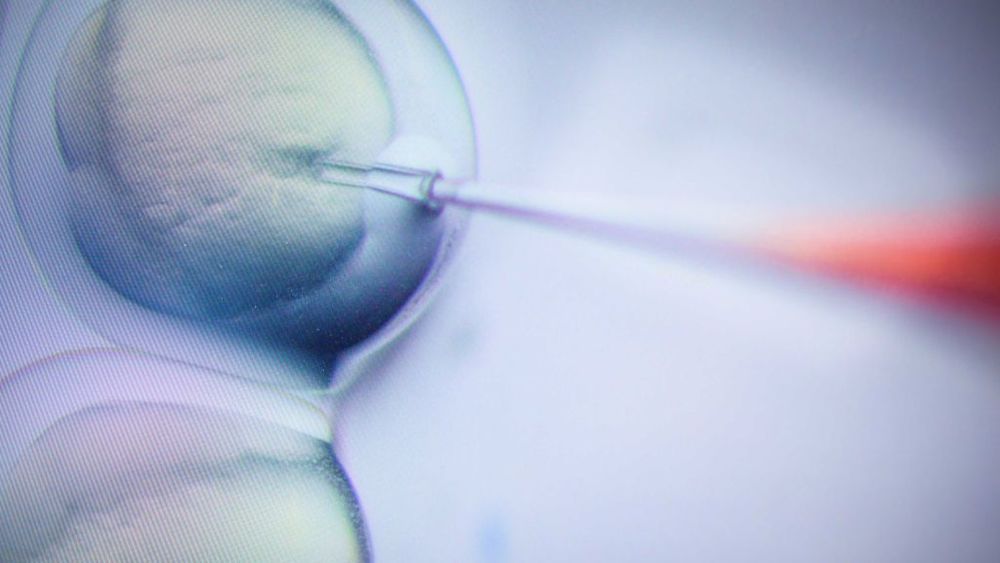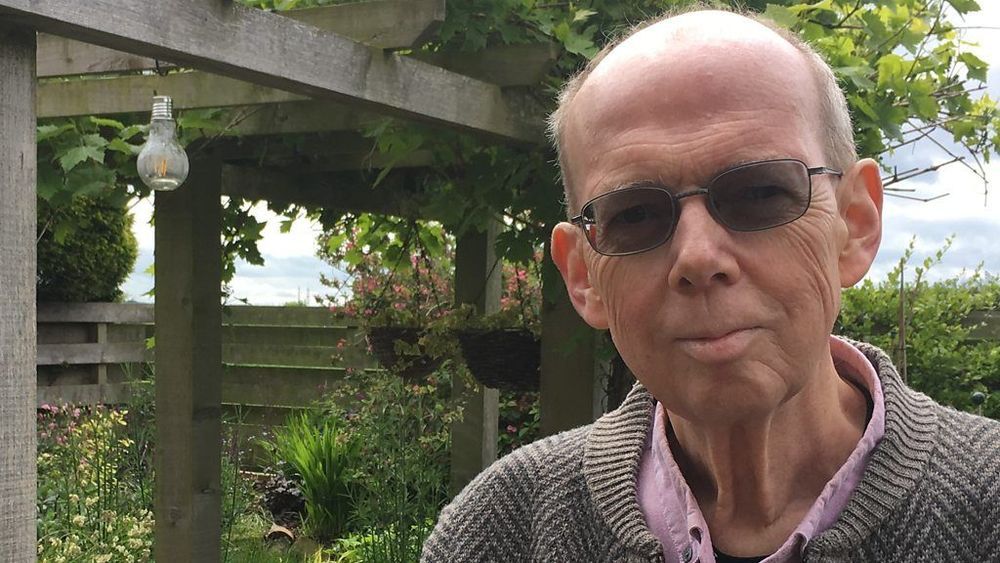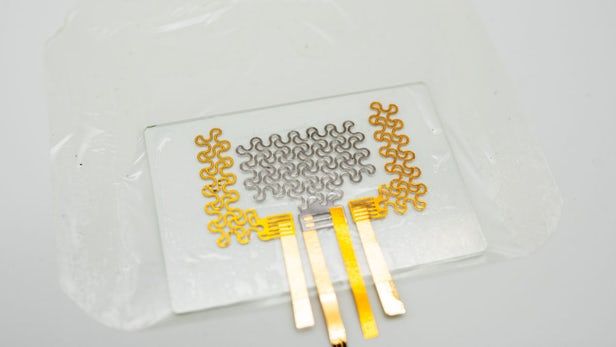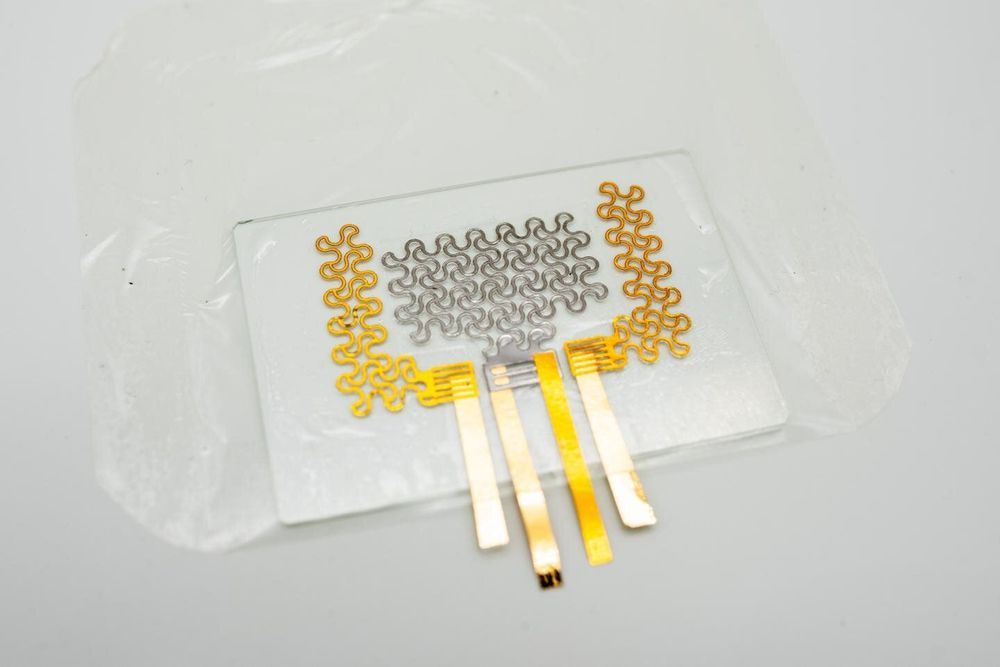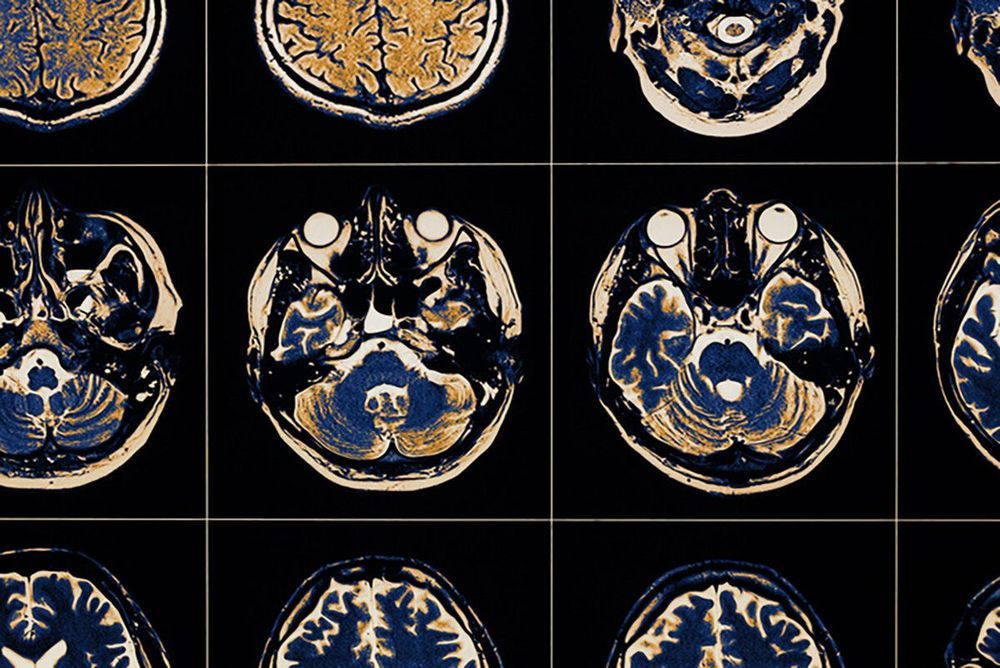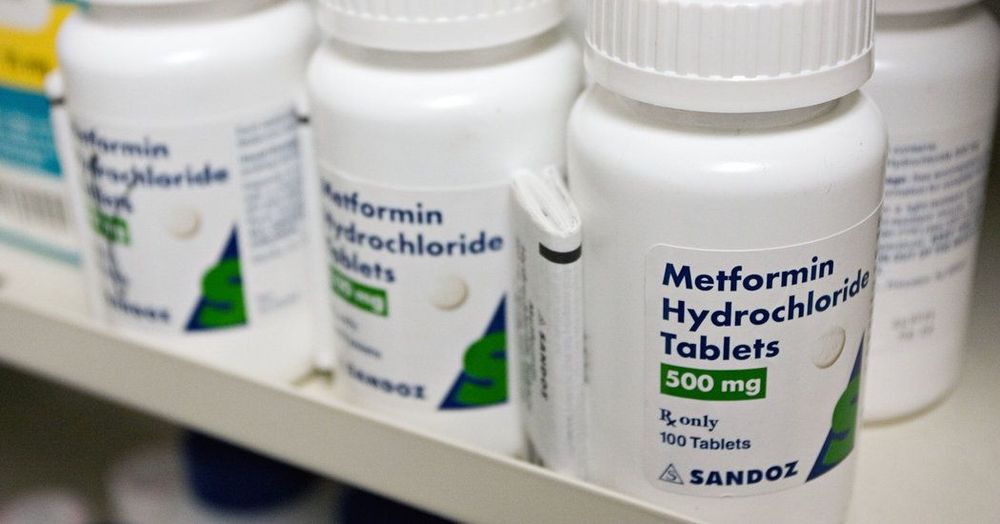More than three decades ago, scientists discovered that a chemical found in a synthetic opioid, MPTP, induced the onset of a form of Parkinson’s disease. In a new study led by scientists from the School of Veterinary Medicine, researchers found that an enzyme in the body can metabolize compounds formed in the brain from alkaloids present in certain foods and tobacco into MPTP-like chemicals, triggering a neurodegenerative condition in mice.
The researchers, led by Narayan Avadhani and Mrittika Chattopadhyay, suggest that the enzyme, mitochondrial CYP2D6, presents a potentially powerful new target for Parkinson’s treatment.
“Over the past two or three decades, researchers have tried inhibiting the process by which they believed MPTP was metabolized, with mixed success,” says Avadhani. “We believe that mitochondrial CYP2D6 is the more direct drug target, which might prove better in treating idiopathic Parkinson’s disease.”
